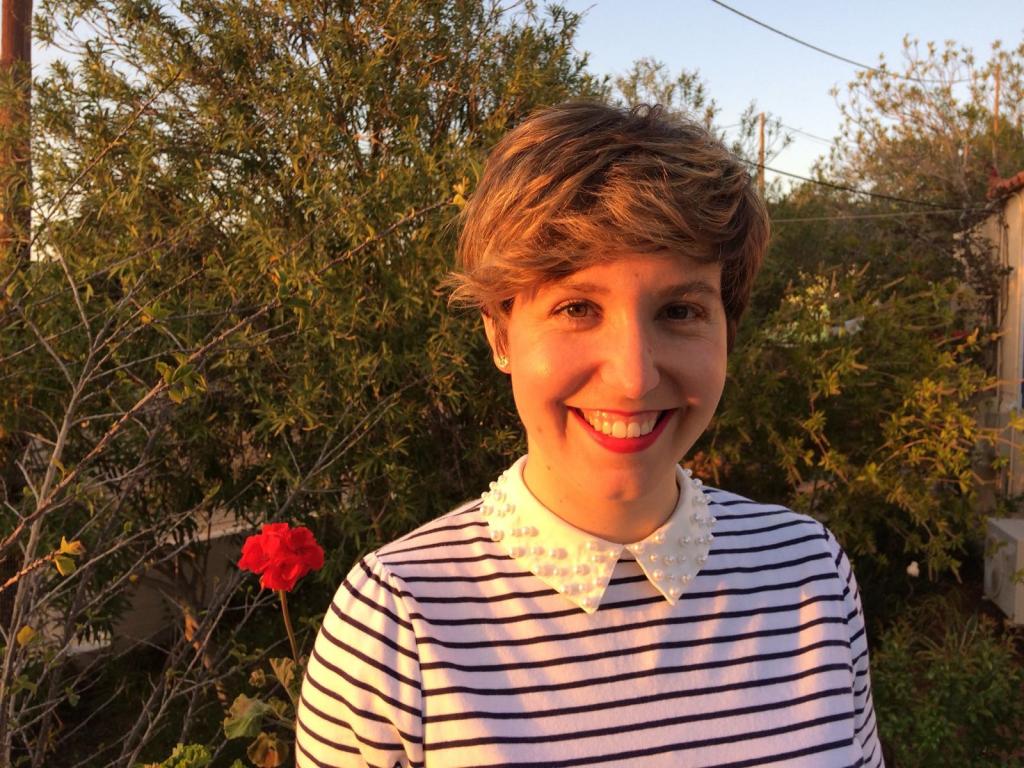Leandra Bias (pictured) completed a three-week stay at the Institute as part of her doctoral research and funded by the Europaeum Oxford-Geneva Bursary.
Of Greek heritage but born and raised in Zurich, I first fell in love with the city of Geneva and the Graduate Institute while completing my undergraduate degree in International Relations at the University of Geneva. Currently working toward a Doctorate of Philosophy in Politics at Oxford University, I have spent the last three years extensively researching transnational feminist resistance in illiberal Russia and Serbia, brought on by a deep interest in former communist regions of Europe after my internship at the Swiss Embassy in Bratislava, Slovakia and language exchange to Minsk, Belarus.
My research eventually led me to the Europaeum Oxford-Geneva Bursary, which would allow me to spend three full weeks at an institution committed to internationalism and humanitarianism, hence my return to Geneva and the Graduate Institute. I was also inspired by the Europaeum’s commitment to supporting the development of European thinking, understanding and empathy vis-à-vis our neighbours.
It is commonly accepted that good research stems from exposure to different perspectives and in that vein, the Graduate Institute brought with it several specific advantages. During my stay I had the privilege to discuss my research with renowned Russia expert, Professor André Liebich, at the Department of International History and Politics. Moreover, I had access to de-democratisation experts through the Institute’s Albert Hirschman Centre on Democracy, among them Dr Rebecca Tapscott. These exchanges proved inspiring both for my thesis and my future career. Thanks to the Institute’s close collaboration with the Institute for Human Sciences (IWM) in Vienna, Austria, I was furthermore exposed to a range of leading scholars in my field during their co-organised conference entitled “Is the Transition Over?”
At the Graduate Institute, I also benefitted from an excellent working space, where I was surrounded by other young and inspirational scholars who made work both more productive and fun. Overall, my three-week stay provided me with a vital opportunity to enrich my existing network and the chance to develop ties with an institution I always wanted to become part of, ever since arriving in Geneva that first time. My stay was thus more than the “change of scenery” I had been looking for to gain inspiration for my dissertation during the last year of my doctoral studies: it allowed my personal history to come full circle.
I am deeply grateful to the Europaeum for having granted me this opportunity and to the Graduate Institute for having welcomed me so warmly.
The Institute is an active member of the Europaeum, an association of 15 of Europe’s leading universities, founded in 1992 by Oxford University. With the aim of promoting academic cooperation between European research universities, the Europaeum has organised conferences, lecture series, seminars, summer schools, scholar programmes and other events in which Graduate Institute students and faculty have participated.


